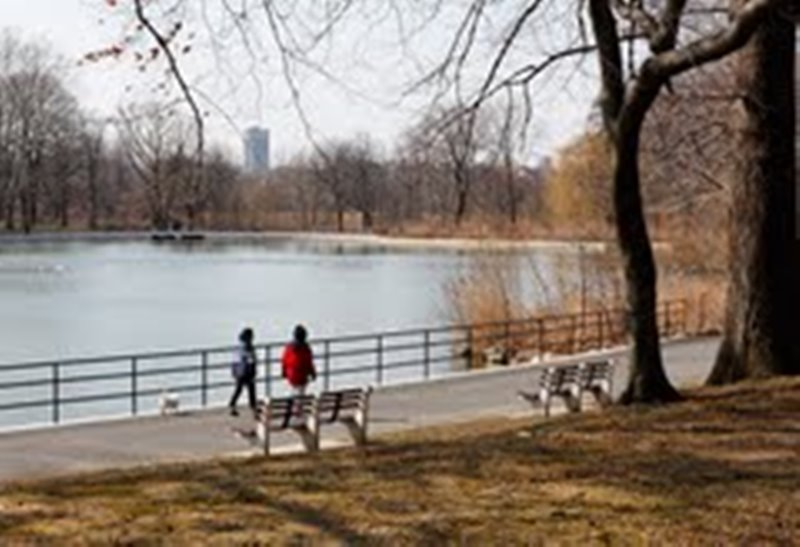|
Just the other day, we were driving on one of those old roads in Queens when I spotted Kissena Park.
“My father used to take me rowing there,” I said. My father could not swim but once in a great while he would take his oldest child to the modest lake in the park. Also, just the other day, one of our children was clicking in a Stanley Cup game, but scrolled past “The Third Man” – the zither music, Orson Welles smirking in the shadows. “My father and mother took me when I was 10," I said. It is one of my great memories of childhood, being judged mature enough to handle the villainy and mystery and politics of that epic movie. The hockey could wait; we pretty much stayed with "The Third Man" right through the final scene in the cemetery. My parents taught me to spot the creep factor in Nixon and McCarthy. They taught me the calling of journalism. My father went off to work six or seven days a week to feed our family. I also knew that he liked working. As busy as he was, sometimes he found time to park near the railroad main line to watch trains racing toward the city, installing in me the chill of the outward bound. Sometimes on a Saturday we parked by LaGuardia Airport and watched the airplanes and listened to Army or Notre Dame football games on the car radio. He also took me to Ebbets Field in Brooklyn, and made sure I rooted for a team with Dixie Walker and the next year with Jackie Robinson. He taught me to root for the good guys. He drove me out to inspect the college I would attend. He had never gone, but made sure I did. I know this: I never thanked him enough.
Altenir Silva
6/21/2015 05:07:51 am
Dear George,
Mike from Whitestone
6/21/2015 04:55:58 pm
Happy Father's Day GV and all. I enjoyed this post and identify for sure. Thanks Dad. Another side of the newspaper world but he dove in head first also, nights, weekends, holidays, loved it and took care of us too. Taught me many lessons especially the value of hard work and still does.
Ed martin
6/21/2015 05:20:58 pm
Vintage Vecsey. Thanks and hope you had a great day.
Mendel
6/21/2015 10:11:50 pm
Beautiful words, George. Your memories evoke my own. Happy Father’s Day.
George Vecsey
6/21/2015 11:58:45 pm
Thanks for the comments. I forgot to add that my father left school at 15 to support his mom and sister...and was one ofthe most informed people I knew. How many times do I say, "Pop would know that?" GV
Gene Palumbo
6/22/2015 08:46:22 am
Somehow or other, I just now found my way to a post of George’s from three years ago. It goes well with this one, and I recommend it: “What I Miss Most About My Father:”
Brian Savin
6/23/2015 12:27:06 pm
This is why great journalism matters. It shares our make up and our memories, as different and similar as they are. Comments are closed.
|
Categories
All
|










